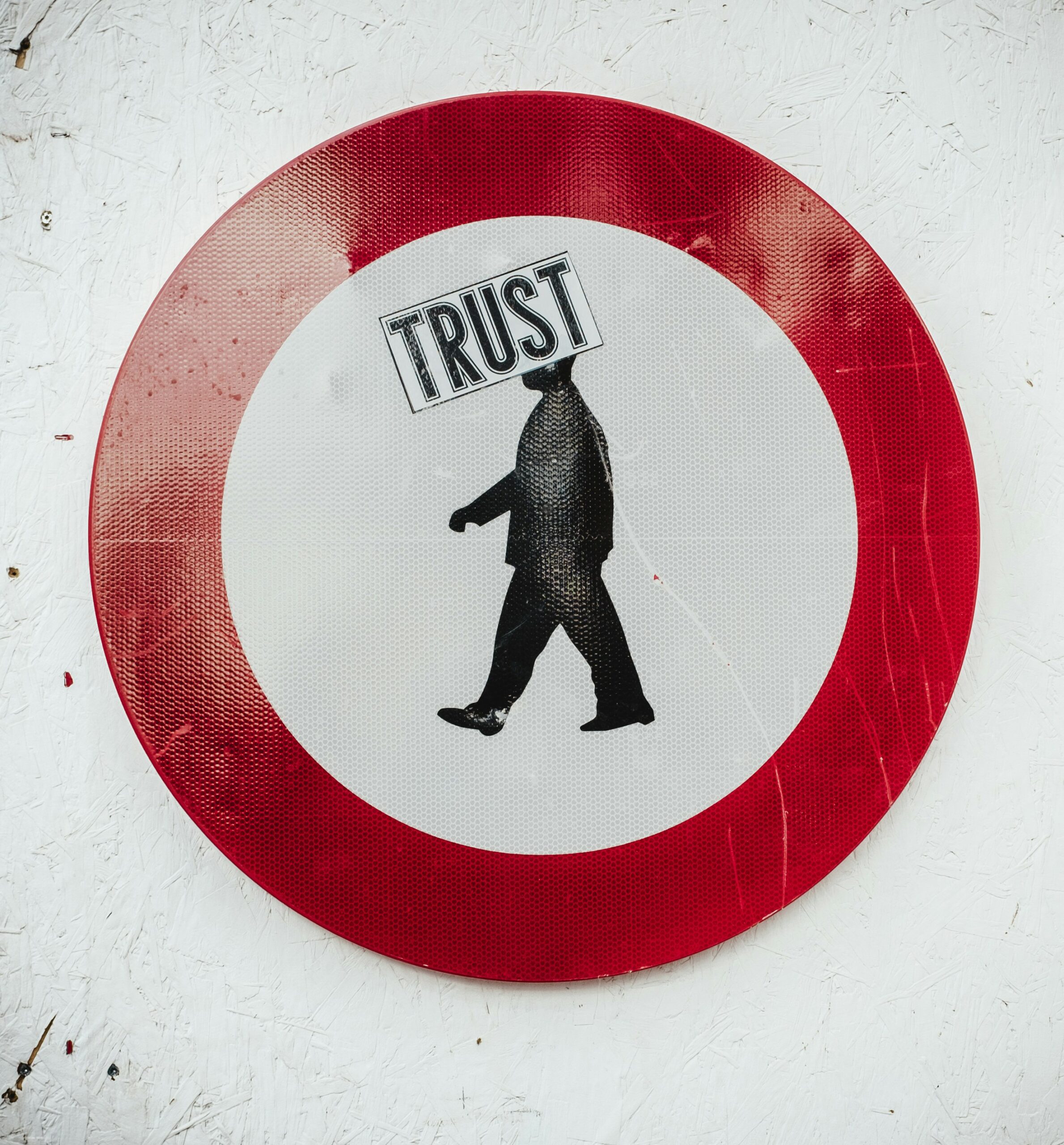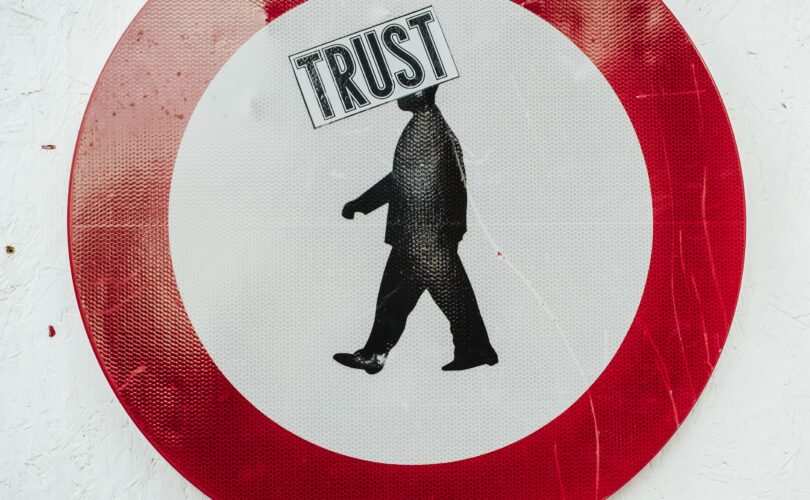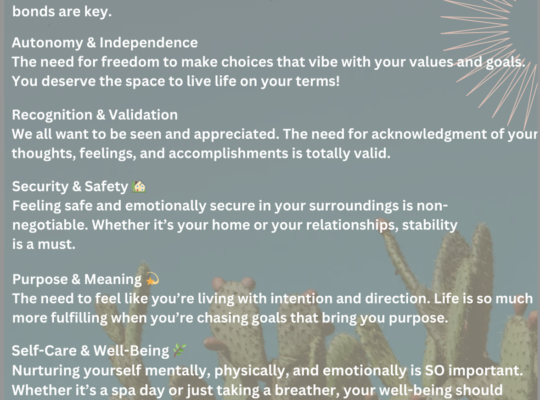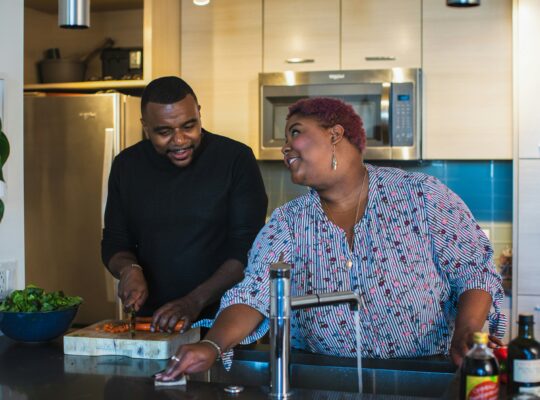Trust: The Foundation of Every Strong Relationship
Trust is everything in a relationship. It’s the foundation. Without trust, nothing else can flourish. Trust creates safety. It builds emotional intimacy. When you trust someone, you feel comfortable being yourself. You can be vulnerable. You can share your deepest thoughts without fear. In this article, we’ll talk about why trust is so important and how to build and keep it strong in your relationship.
The Role of Attachment Styles in Building Trust
Trust isn’t just about honesty and reliability—our ability to trust others is often shaped by early childhood experiences, as well as our attachment style. According to attachment theory, developed by psychologist John Bowlby, the way we form bonds with caregivers during childhood can influence how we connect with romantic partners later in life.
- Secure Attachment: Individuals with a secure attachment style tend to trust others easily. They have learned that their needs will be met and can establish healthy, balanced relationships.
- Anxious Attachment: People with an anxious attachment style may struggle with trust due to a fear of abandonment. They often seek constant reassurance from their partners and might overanalyze situations, which can lead to distrust and insecurity.
- Avoidant Attachment: Those with avoidant attachment often find it difficult to trust others. They value independence and may have trouble opening up, fearing that vulnerability will lead to rejection or hurt.
Recognizing your attachment style—and that of your partner—can provide deep insights into trust dynamics within the relationship. Understanding these patterns can help couples address trust issues by creating a safe space for both partners to express their needs and concerns.
How to Build Trust It in Your Relationship
Building trust takes time. It requires effort from both sides. Start by being honest. Honesty is key. Always tell the truth, even when it’s tough. Avoid small lies—they can add up. They’ll damage trust over time.
Next, be consistent. Do what you say you’ll do. Follow through on your promises. Trust grows when your actions match your words. Consistency shows your partner they can count on you.
Vulnerability is also important. Open up to your partner. Share your feelings, your fears, your dreams. This helps build emotional intimacy. It shows your partner that you trust them too.
Respecting boundaries is another way to build trust. Understand what makes your partner feel safe. Respect their limits. When you do this, trust grows. It shows that you care about their comfort and well-being.
Finally, support each other. Be there for one another, emotionally and physically. When your partner feels supported, trust flourishes.
Trust: The Neuroscience Behind Trust and Connection
Trust isn’t just an emotional experience—it’s also biological. Neuroscientific research shows that trust plays a crucial role in brain chemistry and how we respond to others. The hormone oxytocin, often referred to as the “love hormone,” is released during moments of trust, affection, and social bonding. This chemical reaction helps foster feelings of safety, connection, and empathy.
Studies have shown that when people experience trust in relationships, oxytocin levels rise, reinforcing positive feelings and bonding between partners. Conversely, when trust is broken, cortisol (the stress hormone) levels increase, which can lead to feelings of anxiety and emotional distress.
Interestingly, research suggests that the brain is wired to respond to trust cues from others. A simple act of kindness or vulnerability can activate areas in the brain associated with reward and pleasure, making trust-building a key component of long-term relationship satisfaction.
Trust: The Role of Cognitive Dissonance in Relationship
Cognitive dissonance refers to the psychological discomfort we feel when our beliefs and actions are in conflict. In relationships, this can come into play when one partner’s actions contradict their words, such as when promises are broken or trust is violated. The person who experiences this conflict may either change their behavior to align with their beliefs or adjust their beliefs to justify the behavior.
In the context of trust, cognitive dissonance can cause emotional tension. For example, if a partner consistently says they value honesty but frequently lies, the person on the receiving end may experience discomfort. They are caught between trusting their partner and the evidence that their partner’s actions don’t align with their stated values. Over time, this can erode trust.
Understanding cognitive dissonance can help couples see why they may feel torn or conflicted about trust issues. Resolving cognitive dissonance often requires action—changing behaviors to align with values and demonstrating consistency in words and actions.
Trust: The Impact of Trust on Self-Esteem
Trust isn’t just about your partner’s behavior; it’s also deeply tied to your own self-esteem. When you trust someone, you’re also telling yourself that you deserve to be treated well and valued. On the other hand, when trust is broken, it can lead to feelings of self-doubt and insecurity.
Psychologist and researcher Robert C. Solomon explains that trust plays a significant role in shaping how we view ourselves and our worth. If we believe that others are reliable and dependable, we feel worthy of love and respect. However, if we experience betrayal or dishonesty, it can cause us to question our judgment and self-worth.
Rebuilding trust in a relationship can therefore be a process of rebuilding your self-esteem. As trust is repaired, individuals often experience an improved sense of self-worth and confidence. This highlights the importance of not only rebuilding trust in the relationship but also nurturing and valuing yourself throughout the process.
Trust: How to Maintain It in Long-Term Relationships
Maintaining trust is an ongoing process. You can’t just build it and forget about it. You need to keep nurturing it. Here’s how:
First, communicate regularly. Good communication prevents misunderstandings. Talk about your feelings. Discuss concerns before they become issues.
If trust is ever broken, apologize and forgive. It’s hard, but it’s necessary. Acknowledge the mistake. Be sincere in your apology. Afterward, work together to rebuild the trust.
Reaffirm your commitment often. Remind your partner that you are in this for the long haul. Small gestures can go a long way. Reassure your partner through words and actions.
Don’t forget to continue building emotional intimacy. Spend time together. Share new experiences. Trust strengthens when you connect emotionally.
Trust: Common Challenges That Erode It
Sometimes, trust is tested. Many things can damage trust in a relationship.
Past betrayals or trauma can affect your ability to trust. These issues can carry over into your current relationship. They might make you extra cautious or fearful.
Insecurity and jealousy can also hurt trust. When one partner feels insecure, they might act possessive or controlling. This can create tension and weaken trust.
Poor communication is another challenge. If you don’t talk openly, misunderstandings happen. This leads to doubts and distrust.
Trust: Healing After It’s Been Broken
When trust is broken, it’s painful. But it’s not impossible to rebuild. It takes time. It requires patience and effort from both partners.
First, acknowledge what happened. Own up to the mistake. Apologize and show you understand the hurt caused. Then, give it time. Rebuilding trust doesn’t happen overnight. It’s a gradual process.
Seek help if needed. Sometimes, therapy can help couples heal. A professional can guide you through the process.
What do i think?
Trust is the bedrock of every healthy relationship. Without it, everything else falls apart. Trust helps build emotional security, better communication, and deeper bonds. Building and maintaining trust takes effort. But it’s worth it. Be honest, consistent, and supportive. Communicate openly. Respect boundaries. When trust is strong, your relationship will thrive. Keep working on it, and watch your relationship grow stronger over time.










Ezippi I do not even understand how I ended up here, but I assumed this publish used to be great
It means a lot to know that the content resonates with you. Feel free to reach out if you have any more thoughts or questions – I’m always happy to chat!
[…] Trust is the backbone of any relationship. Emotional intelligence helps build and maintain it. People who practice self-regulation avoid impulsive, hurtful reactions. However, they think before they speak. This approach fosters reliability and emotional safety. […]
[…] should be built on trust, respect, and communication. But sometimes, certain behaviors pop up that give us a gut feeling […]
[…] hurt you, too. When you try to control someone, you’re essentially saying, “I don’t trust you to make your own decisions,” and that can erode your partner’s sense of self-worth. Over […]
[…] we think about relationships, we often imagine universal aspects: love, trust, commitment. But what if I told you that these ideas vary significantly across different cultures […]